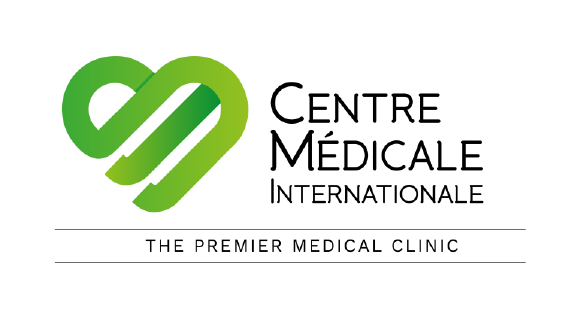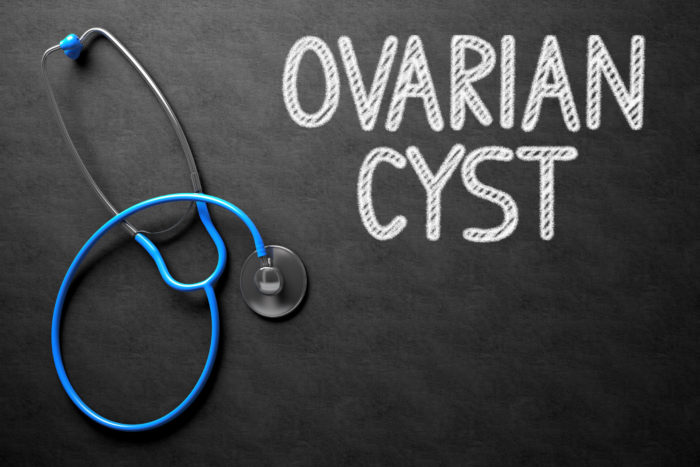Understanding Risk
Understanding Cholesterol Risk
Your health care professional may have told you that you are at higher risk of having a heart attack or stroke. You may be feeling a bit overwhelmed by this, but with the right treatment plan and the support of your health care professional, you can live a healthy lifestyle and lower your risk of a heart attack or stroke.
Why Am I at Risk?
Assessing Your Risk
Your health care professional will want to know whether you are at risk by 1) reviewing your medical and family history, and 2) gauging your overall risk for heart attack or stroke. They will want to know:
• Whether you’ve ever had a heart attack or stroke, or blockages in the arteries of your heart, neck or legs.
• Your risk factors. Your health care professional will consider your age, sex, whether you have diabetes, high blood pressure, high cholesterol, and if you smoke.
• About your lifestyle. Your healthcare provider will ask about your diet and physical activity levels, alcohol intake and any drugs or supplements you’ve been taking.
If you’re between 40 and 75, ask your health care professional to assess your 10-year risk.
If you’re between 20 and 39, your health care professional may assess your lifetime risk. If your risk is high or you have a family history of early CVD in your family, or if you have an LDL of 160 mg/dL or more, your health care professional may recommend cholesterol-lowering medication and heart-healthy lifestyle changes.
What is a Coronary Artery Calcium (CAC) test?
If the decision to start statin medication is still unclear, your health care professional may request another test called a CAC test to measure the amount of calcium in your blood vessels. If the CAC result is zero and you don’t smoke or have any other factors that could increase your risk such as diabetes or a family history of early heart disease, then you may be able to wait to start statins for now.
How Will My Risk Factors Be Treated?
Whether your health care professional prescribes medications or not, they will want you to make some lifestyle changes. These include following a heart-healthy diet, increasing physical activity, losing weight and not smoking. No matter what treatment plan you and your health care professional decide upon, it’s very important that you stick to it. A treatment plan can’t work the way it’s supposed to if it isn’t followed, but you can do it!
Read full article HERE.
Sources:
American Heart Association
About Cholesterol
About High Blood Pressure
Cholesterol videos:
Understanding Familial Hypercholesterolemia (FH)
How to Manage High Cholesterol
Additional Resources*
The FH Foundation
Million Hearts
DASH Diet (Dietary Approaches to Stop Hypertension)





